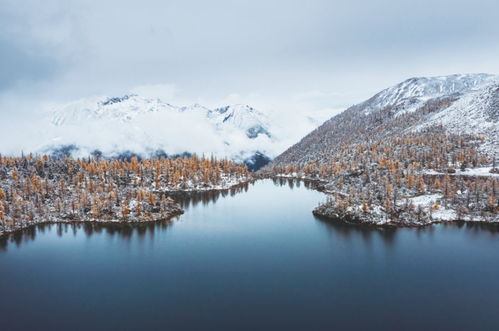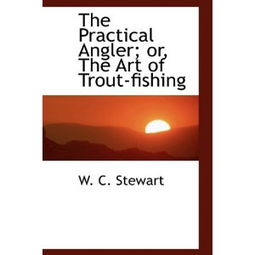Content:
Winter, with its crisp air and serene landscapes, offers a unique opportunity for anglers to connect with nature in a different light. However, the cold weather can also pose challenges to both fish and anglers. To ensure a successful and enjoyable winter fishing experience, it's crucial to understand how to care for the fish and master the art of winter fishing techniques. Here's a comprehensive guide to help you navigate the winter waters with ease.
Understanding Winter Fish Behavior
Before diving into the fishing techniques, it's essential to understand how fish behave during the winter months. Cold water slows down their metabolism, causing them to become less active and move to deeper, warmer waters. Here are some key points to consider:
Water Temperature: Fish are most active in water temperatures between 55°F and 65°F (13°C to 18°C). During winter, water temperatures drop, and fish become less aggressive. It's important to target areas where water is slightly warmer, such as around underwater structures or in deeper holes.
Sheltered Areas: Fish seek shelter from the cold and strong currents. Look for areas with cover, such as logs, rocks, or vegetation, where fish can hide and conserve energy.
Shallow Water: While fish tend to move to deeper waters during the colder months, they often venture into shallow waters during the early morning or late afternoon when the water is warmer.
Winter Fish Care
Caring for fish during winter is crucial to ensure their survival and health. Here are some tips to keep in mind:
Use Live Bait: Live bait is more likely to be active and attract fish in cold water. Minnows, crayfish, and nightcrawlers are popular choices.
Select the Right Lures: In cold water, fish are less likely to strike at moving lures. Soft plastics, jigs, and spinnerbaits that mimic natural prey are more effective.
Be Gentle: When handling fish, be gentle to avoid stress. Keep them in the water as much as possible and use a deicer to keep the water temperature stable.
Release Carefully: If you're not planning to keep the fish, release them quickly and carefully. Ensure they have enough time to recover before they swim away.
Winter Fishing Techniques
Now that you understand the behavior and care of fish during winter, let's delve into the fishing techniques:
Early Morning or Late Afternoon: Fish are most active during these times, so plan your fishing trips accordingly. The warmer water temperatures can stimulate fish to feed.

Vertical Jigging: Jigging is an effective technique in cold water. Use a slow and steady retrieve to attract fish. Experiment with different weights and colors to find what works best.
Trolling: Trolling can be an excellent way to cover more water and target fish in deeper waters. Use slower speeds and larger lures to attract fish.
Ice Fishing: If you're up for it, ice fishing can be a thrilling experience. Drill holes and use small jigs or micro jigs to target fish beneath the ice.
Fishing in Rivers: Rivers can offer great winter fishing opportunities. Look for slower-moving water or areas where the river narrows, as these areas tend to hold fish.
Safety Precautions
Winter fishing can be dangerous, so it's important to take safety precautions:
Layered Clothing: Dress in layers to keep warm. Include a waterproof outer layer to protect against wind and snow.
Footwear: Wear waterproof boots with good traction to prevent slipping on ice.
Safety Gear: Always carry a first aid kit, ice picks, and a whistle in case of an emergency.
Check the Weather: Before heading out, check the weather forecast and be prepared for sudden changes.
Stay Informed: Keep track of ice conditions if you're ice fishing. It's important to know the thickness and stability of the ice.
In conclusion, winter fishing requires a different approach compared to warmer months. By understanding the behavior of fish during winter, caring for them properly, and mastering the art of winter fishing techniques, you can enjoy a successful and rewarding experience. Remember to prioritize safety and respect the natural environment to ensure that both you and the fish have a memorable time on the water.












